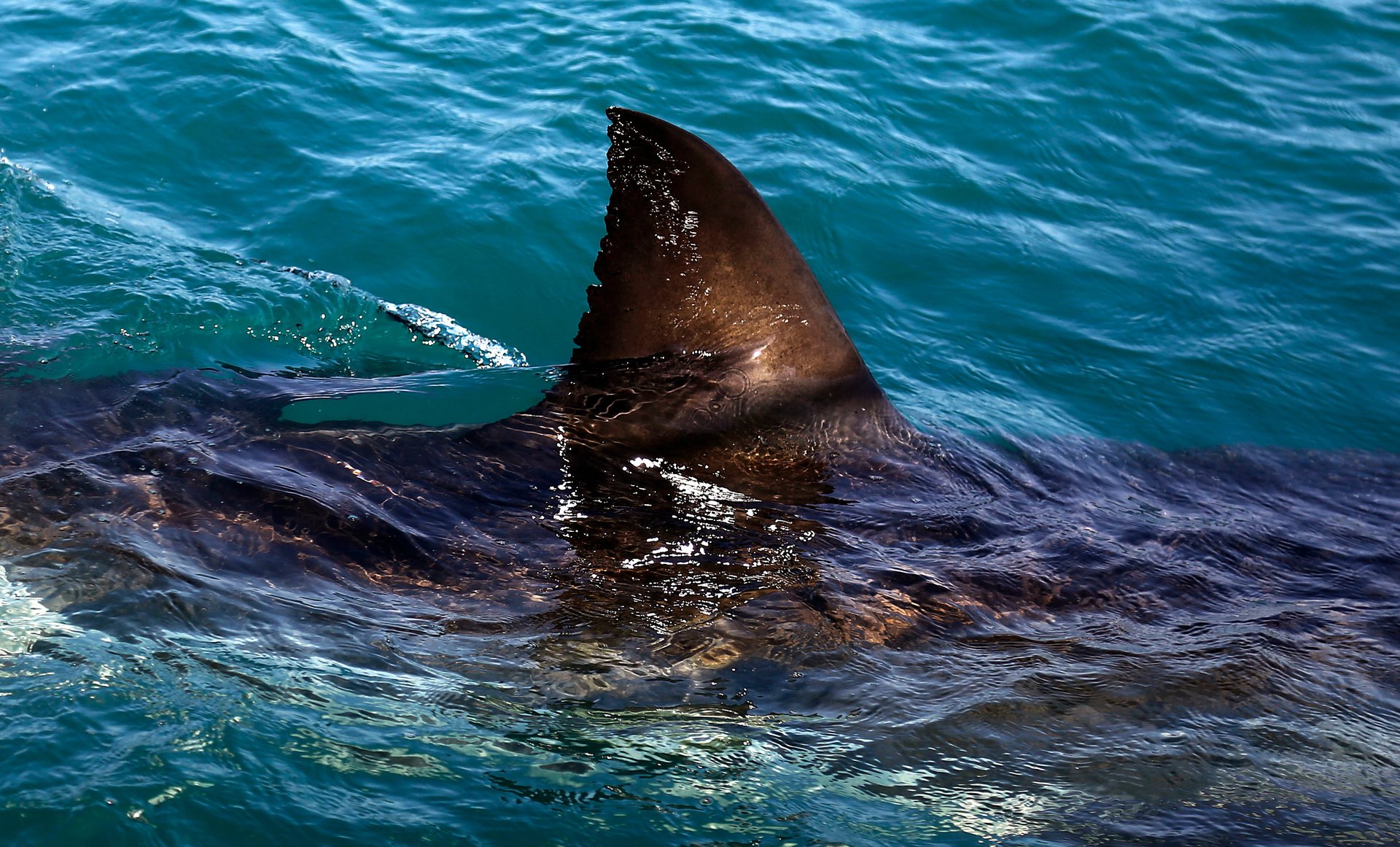Are great white sharks messing with us?
The answer is no—despite our obsession with them, sharks don’t really care all that much about humans. But for businesses in Cape Town, South Africa and on Cape Cod in Massachusetts, it’s starting to feel like they are deliberately trying to throw us humans off their game.


The answer is no—despite our obsession with them, sharks don’t really care all that much about humans. But for businesses in Cape Town, South Africa and on Cape Cod in Massachusetts, it’s starting to feel like they are deliberately trying to throw us humans off their game.
The apex predators have all but disappeared from False Bay, South Africa, where tourists often board boats to watch them hunt around Seal Island and the more daring don flippers and go shark diving. Meanwhile, Cape Cod, one of New England’s most popular beach destinations, has seen a huge uptick in shark activity over the past few summers. In September of 2018, the first fatal shark attack in Massachusetts in more than 80 years took place at a popular Cape Cod surfing beach.
Great white sharks are changing their habits, and the effect on tourism is a good reminder that nature isn’t beholden to our holidays on the sand and in the water.
Bloomberg reports that from 2010 to 2016 there were an average of 250 sightings from the beaches reported to Shark Spotters, a program designed to help protect swimmers from attack. In 2018 that number fell to just 50, and there have been no sightings at all this year. One shark diving company located about 100 kilometers (62 miles) from False Bay reported some sightings. Largely though, there have only been sightings of sevengill sharks, a smaller species, which have moved in on the seals that the white sharks are leaving uneaten.
In Cape Cod, beaches have been closed due to shark sightings on a regular basis all summer long. The Boston Herald reports that the number of visitors to Cape beaches and hotel occupancy rates were both down this summer.
People have floated a few explanations for changing great white behavior. The 1972 Marine Mammal Protection Act has allowed the gray seal population on Cape Cod to thrive, luring white sharks to the waters where the seals live. The Shark Finning Prohibition Act has protected sharks for nearly 20 years, and they are considered “vulnerable” by the International Union for the Conservation of Nature. In South Africa, some observers postulate that in False Bay the arrival of two orcas, which sometimes hunt white sharks because they enjoy eating their fatty livers, may have driven the sharks elsewhere.
But the truth is that we just don’t know that much about great white sharks.
The world’s largest predatory fish is notoriously difficult to study, which makes taking a shark census and tracking the health and habits of the species worldwide challenging, to say the least. Climate change undoubtedly plays a role in emerging new behaviors of ocean dwellers—but there still isn’t enough evidence to isolate it as a leading cause.
Considering these limitations, the safest bet would be to develop some new trades to ply in South Africa’s tourist beaches. While the increased shark activity on Cape Cod brings with it greater risk for swimmers and surfers, the likelihood of being attacked is still vanishingly small. Plus, there’s an easy way to bring the risk down to zero—stay out of the water.